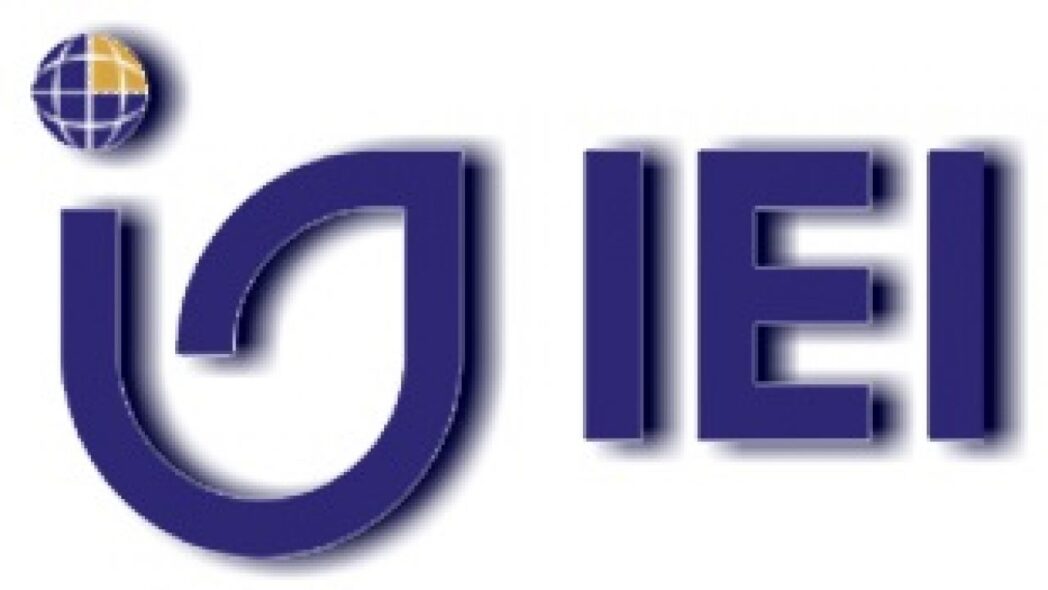
IEI commits to climate change action with new products
By Esther Agbo
In a robust response to the mounting global challenge of climate change, International Energy Insurance (IEI) Plc, a subsidiary of Norrenberger Group, is revamping its product offerings and risk management strategies.
This move aligns with the increasing calls for the private sector to combat the devastating effects of natural disasters, particularly in Africa and Nigeria.
The announcement came during the 50th Conference and Annual General Assembly of the African Insurance Organisation (AIO), themed “Coping With Rising Natural Catastrophes In Africa,” held last week in Windhoek, Namibia.
The event gathered industry leaders to discuss the urgent need for innovative insurance models that can adapt to the realities of climate change.
IEI’s proactive stance at the AIO conference signifies a growing recognition within the insurance industry of its role in addressing climate change. By offering innovative products and prioritising prompt claims payment, IEI aims to set a benchmark for how insurers can effectively respond to the evolving challenges posed by climate change.
The Group Managing Director of Norrenberger Group, Mr. Tony Ede, highlighted the urgency of the situation. He asserted that global natural disasters are becoming more frequent, with the world losing $380 billion in 2023, of which $118 billion was covered by insurance. It is crucial for insurers to rethink their models to withstand these changes.
IEI’s Managing Director/CEO, Mr. Olasupo Sogelola, emphasised the necessity for insurance to support climate change initiatives.
He said IEI is introducing products designed to mitigate climate change impacts and support sustainable practices.
For example, the company plans to offer discounts on fire policies for properties equipped with solar panels. This initiative is part of a broader strategy to incentivise energy-efficient and climate-resilient practices among policyholders.
He said, “Take Namibia for example, entering into the country from the airport, you will see patched land that shows that obviously something is wrong there. I believe that nothing draws attention more than what you see rather than what you are talking about without seeing it.
“So, insurance has to move now, starting from the impact of climate change even on agricultural products in Nigeria. Agric insurance is something that has to respond quickly at the moment along with other classes of insurance.
“As insurance experts at the conference discussed, there are six agendas that the conference is looking at and top of agenda is pulling resources together to start looking at what has to change in insurance.
“For example, we got to start rewarding people for having properties that are energy compliant because properties with solar panels are part of the things that will reduce the impact of climate change. We have to start giving discount such that when we are quoting for a fire policy, we give discount because the policyholder has a solar panel.
“For us at IEI, we are coming up with products that would enhance and support climate change in all ramifications. We have two important goals at IEI. The first is about our value proposition to the system which is to pay claims as quick as possible.
“The second is about product creation. I believe that this program has come at a time where we start looking at products that helps to improve and draws attention to climate change so that when you come to my company to buy a policy, the moment you tell me you have a solar panel then we will be able to give you discount when agreed with other insurers in the country.”
The company’s commitment to climate-responsive insurance is reflected in its financial performance. IEI reported a remarkable 300 percent growth in premium income for the first quarter of this year compared to the same period in 2023, indicating strong market confidence in its innovative approach.
Addressing the issue of climate change funding, the Chief Finance Officer of Norrenberger Group, Queen Ehi-Uujamhan, called for a holistic approach involving multilateral organizations, governments, and the private sector.
She said that, “Funding for climate change must consider the profitability, the planet, and the people.
“Currently, we have the multilaterals like African Development Bank providing grants. I think the very prudential thing for government and others to do is to provide funding to areas that are prone to disasters. They need to make funds available for renewable energy and irrigation to militate against drought.
“The private sector on its part should look at it from a three piece perspective. We all want to be profitable but in being profitable we have to look after the planet and the people. I believe that this is a very holistic way of funding.
“The multilaterals will continue to provide funding, responsible government also need to make those provisions and subsidies available. For the private sector like us, the insurance impact has to be taken seriously even as we ensure that we remain profitable while protecting the planet and her people,” she added.




